What is Mixology And Should You Add It to Your Restaurant?
Mixology, mixology, and mixology some more! It's a word that's been thrown around a lot in the restaurant industry, but what does it really mean? And should you add it to your restaurant? We look at what is mixology and how it can improve your restaurant's bottom line.
Tauseeq Magsi
loading...
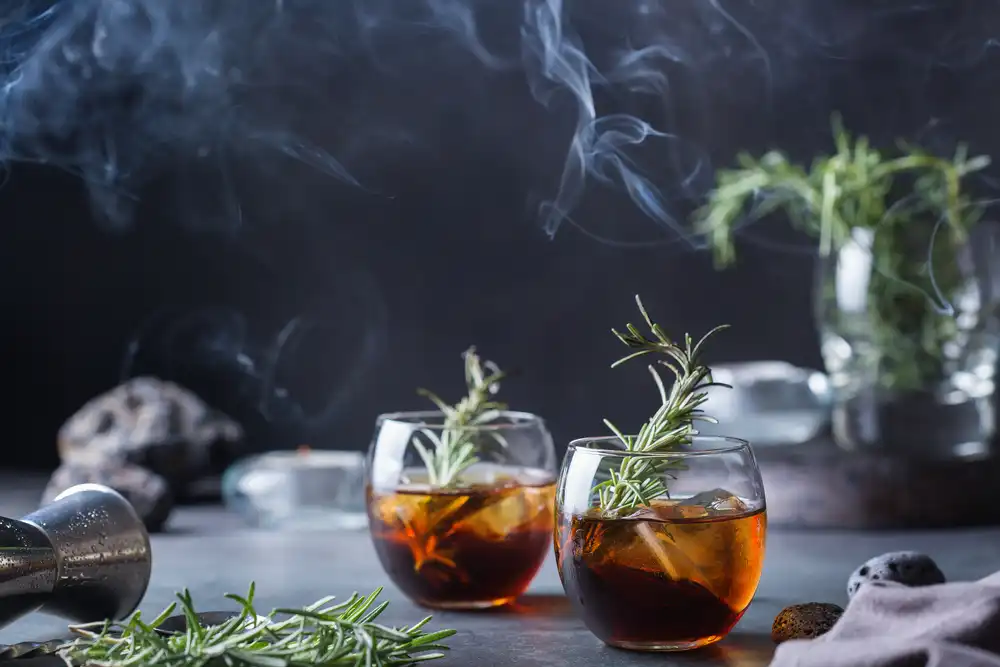
Restaurants today are looking for new ways to bring in customers and keep them coming back. One way to do that is by offering drinks that feel more creative, more thoughtful, and more tailored to what guests want.
This is where knowing what is mixology becomes important.
Mixology focuses on building drinks with more care, using better techniques, and often adding ingredients that make a cocktail stand out. It's now seen as a skill worth investing in.
But before adding it to your menu, it's worth asking a few questions.
Like, what is a mixologist? Or, how do you find one—or train your own team? You might even be wondering how to become a mixologist if you're thinking of promoting from within.
This article gives you a full breakdown.
From how mixology works in a restaurant setting to what it costs, how to do it right, and whether it actually boosts sales—we cover it all.
So, let's start by understanding what mixology really means!
What is Mixology?
Mixology means the skill of making mixed drinks, especially cocktails. It's all about knowing your ingredients, using the right techniques, and focusing on how the drink looks and tastes.
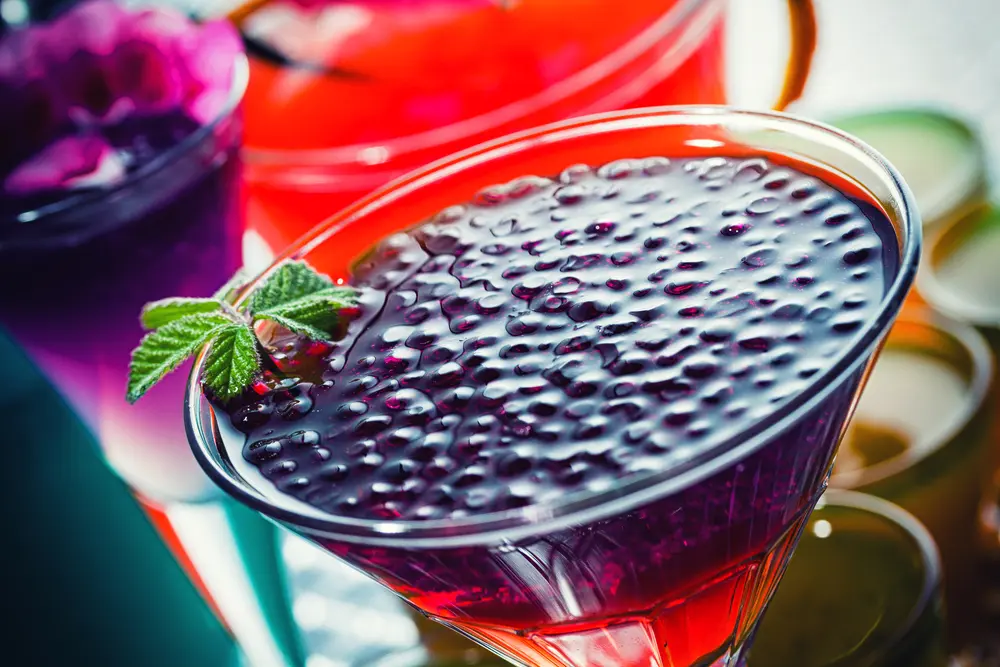
The word may sound new, but it has been around since the 1800s. Merriam-Webster defines mixology as “the art or skill of preparing mixed drinks.”
Mixology is getting more attention in the food and drink world. More people are taking it seriously and learning how to make better cocktails. It has become part of the craft cocktail trend, where fresh ingredients and smart ideas matter more than ever.
Do People Really Know What Mixology Is?
Not everyone is familiar with the word “mixology.” In some big cities and among younger customers, it's more common. These groups often look for fresh and creative drinks. They may even expect them when going out.
But in other places, especially in smaller towns or older crowds, the word might not mean much. Many people still use the term “bartender” for anyone making drinks.
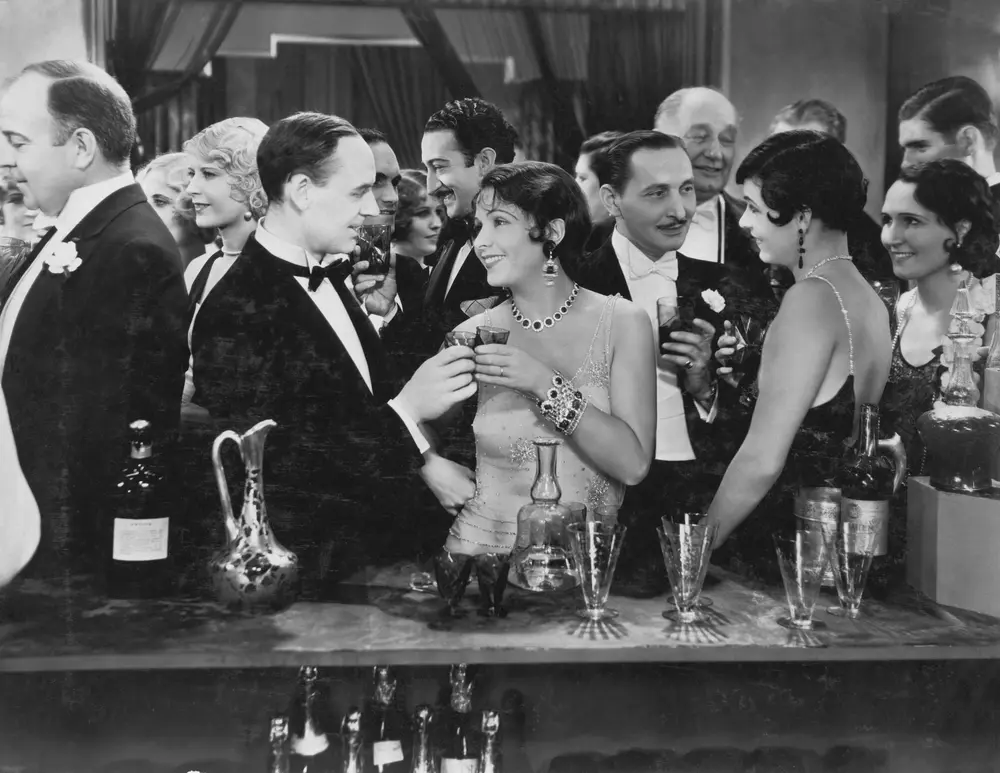
So if your restaurant wants to offer mixology-style cocktails, it's good to think about who your guests are.
If your customers aren't familiar with mixology, it doesn't mean you shouldn't offer it. You can still introduce it in a simple way. Clear menus, short drink descriptions, and well-trained staff can help guests enjoy the experience more.
A small bit of education can go a long way in making your new drink options feel more exciting—without confusing anyone.
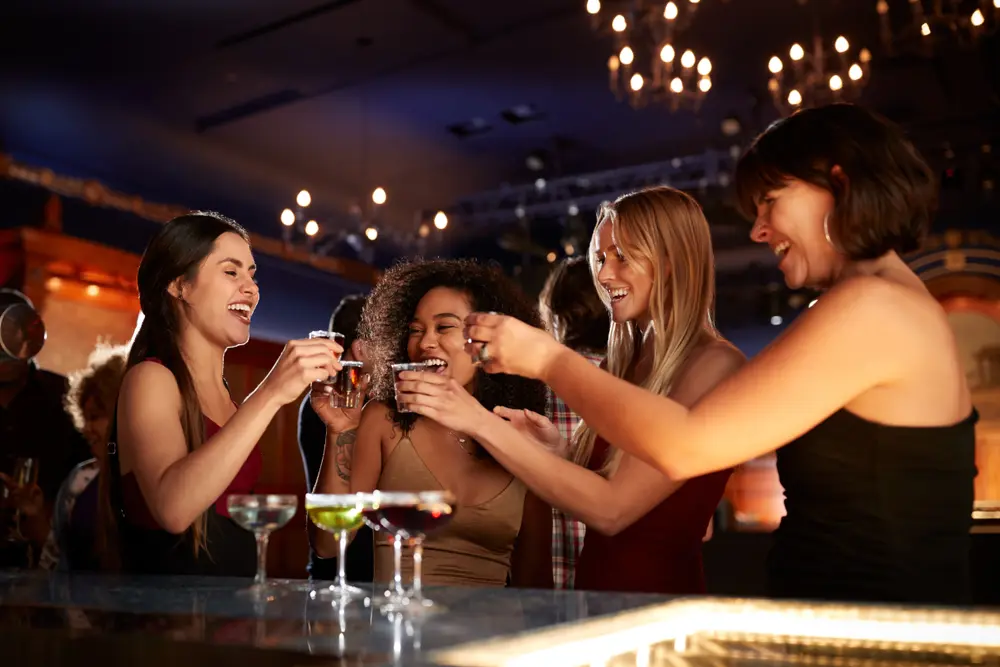
So, How Is Mixology Different from Bartending?
Mixology and bartending often get mixed up, but they're not the same thing. Both involve working behind the bar and serving drinks. However, the focus and level of skill in each role are quite different. Here's a closer look at how they compare.
Bartenders
Bartenders are the face of the bar. They serve drinks quickly and keep the bar running smoothly. Their job is all about customer service and keeping things efficient.
Most bartenders have a good grasp of basic cocktails and common drink requests. They are great at multitasking and working fast, especially in busy settings.
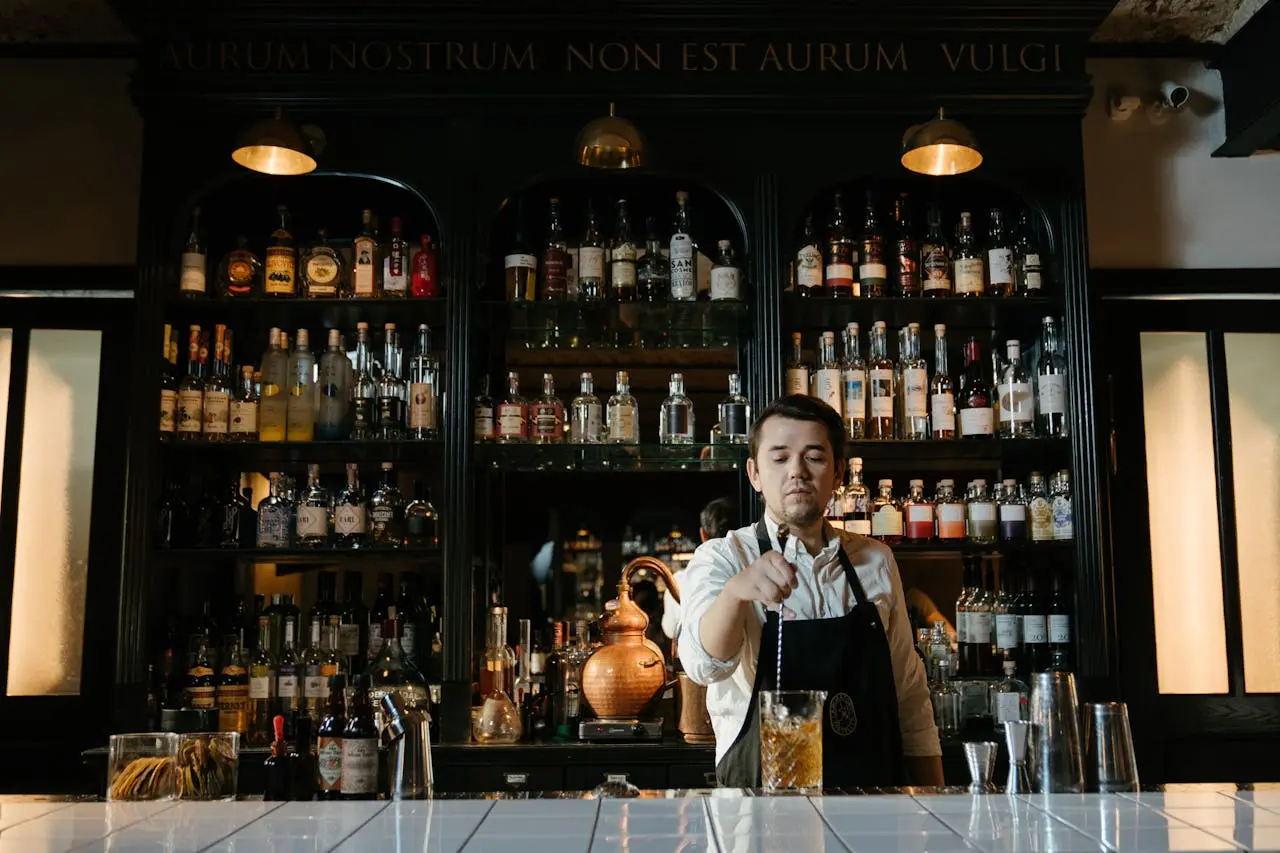
Here's what bartenders usually do:
🥃 Make classic drinks using standard recipes
🥃 Take and manage orders, often under pressure
🥃 Serve customers with a friendly attitude
🥃 Keep the bar area clean and stocked
🥃 Handle payments and follow alcohol laws
Mixologists
Mixologists take things a step further. Their role is more about creating and improving drinks rather than just making them.
Many mixologists also work as consultants. Some even help restaurants or bars develop signature cocktail lists. Their work is more detailed and focused on flavor, balance, and presentation.
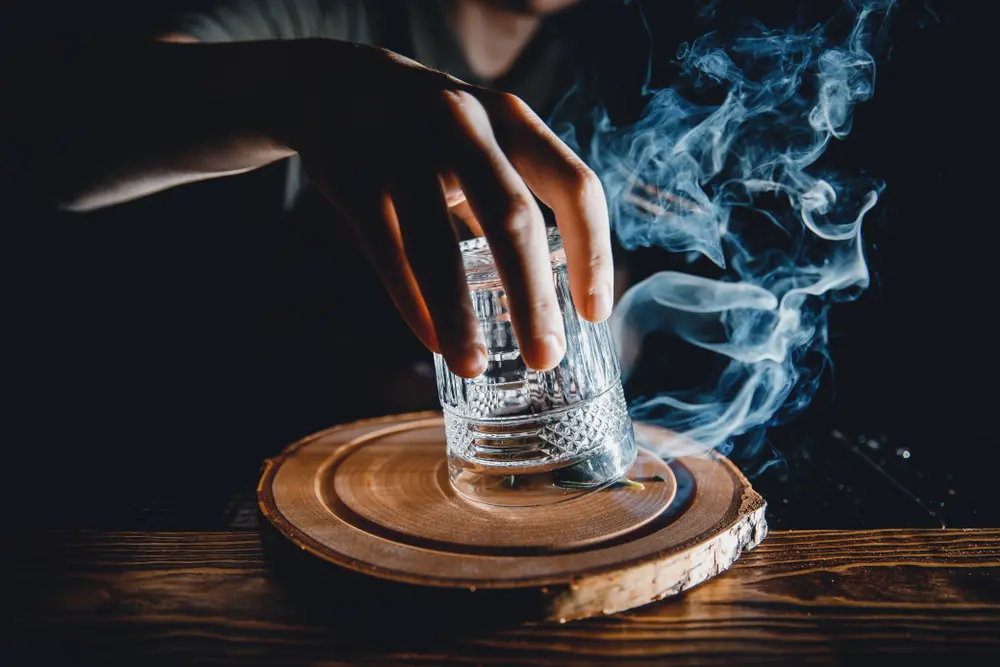
Here's what mixologists often handle:
🍸 Create new cocktail recipes and drink menus
🍸 Mix flavors and ingredients in unique ways
🍸 Study spirits, liqueurs, bitters, and mixers
🍸 Train other staff on new drinks and techniques
🍸 Stay updated on drink trends and tools
How to Become the Ultimate Mixologist?
Becoming a mixologist takes more than just knowing how to pour drinks. It's a mix of learning, hands-on work, and staying connected with others in the field.
Here's a simple guide to help you understand the path to becoming the ultimate mixologist.
1.Start with Education and Training
You can begin by taking a course in bartending or mixology. There are many options, both online and in-person. For example, A Bar Above offers an advanced mixology course that covers flavor profiles, cocktail components, and balancing ingredients.
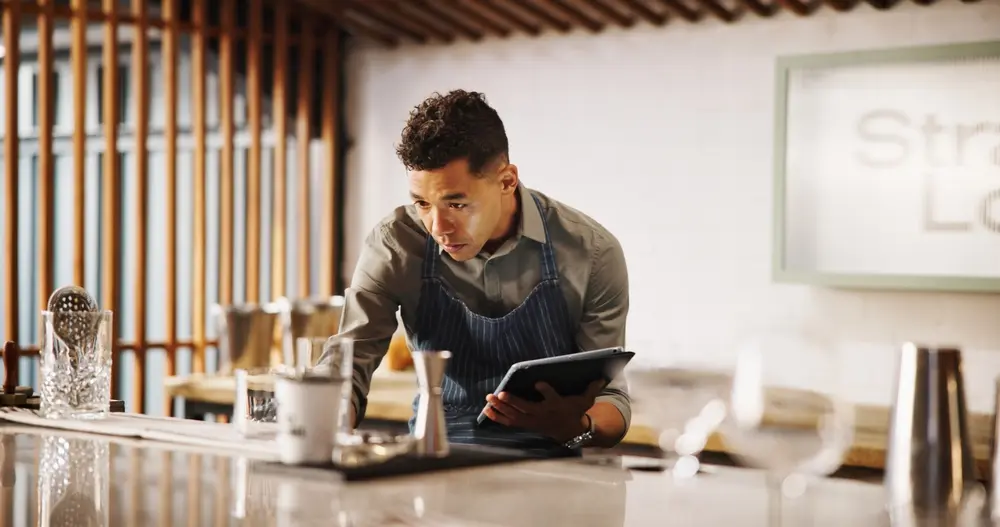
These courses teach you about different spirits, how to mix drinks properly, and the basics of customer service. Some also offer certifications, which can be helpful when looking for a job.
2. Gain Experience Behind the Bar
Starting as a barback is a common first step. In this role, you support bartenders by restocking supplies and keeping the bar clean. It's a great way to learn how a bar operates. After gaining some experience, you can move up to a bartender position. Here, you'll make standard drinks and interact with customers. This experience is crucial for developing your skills and understanding what customers enjoy.
3. Master the Art of Pouring
Accurate pouring is a must in mixology. It makes sure your drinks are consistent and balanced. Start by practicing with an empty bottle filled with water and a jigger. Pour from the bottle into the jigger, making sure to hit the right measurements. This helps you develop muscle memory and boosts your confidence.
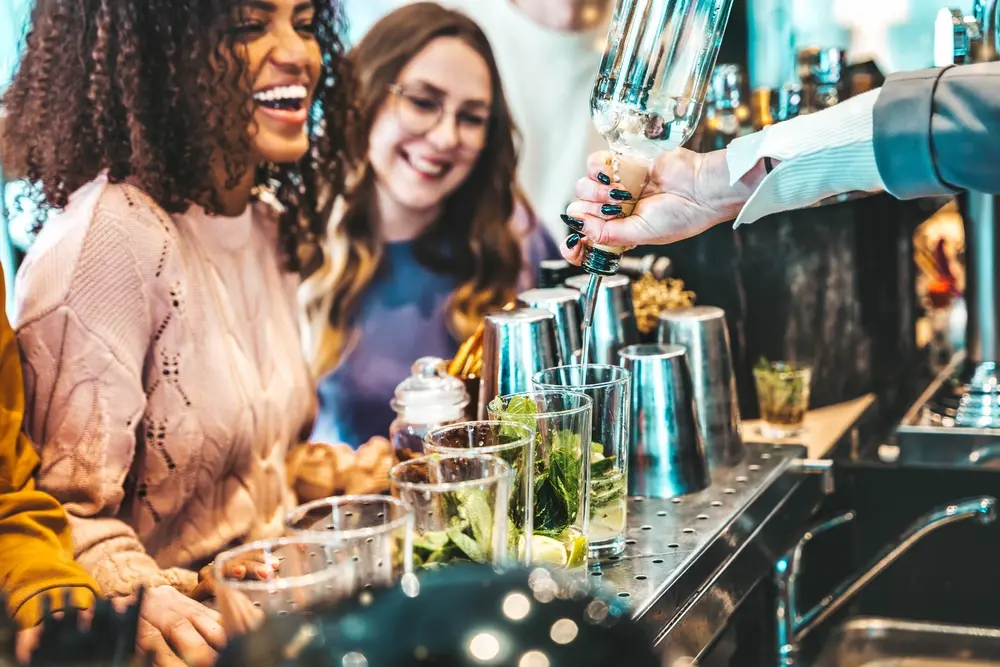
After practicing, try free pouring, where you estimate the amounts by counting seconds. It's important to stay focused to avoid pouring too much or too little, which can impact the taste and cost of the drink.
4. Hone Your Cocktail Crafting Skills
Practice is essential when it comes to making great cocktails. Begin by learning classic drinks like the Margarita, Old Fashioned, or Martini. Get familiar with the ingredients and the steps involved in making these drinks. As you grow more comfortable, start experimenting with new variations. Changing up ingredients and trying different combinations will help you understand flavors better and let you develop your own style behind the bar.
5. Experiment with Ingredients
Mixology is all about creativity. Don't be afraid to play with different ingredients or switch things up in classic recipes. For example, you can use rum instead of tequila in a Margarita to add a unique twist. This is called “riffing.” It's a fun way to discover new flavor combinations that you might enjoy even more than the original recipe.

Keep experimenting, and you'll keep learning new things about your craft.
Thinking About Adding Mixology to Your Menu? Here's What You'll Need (And Why It Might Be Worth It)
If you're considering mixology as a way to enhance your restaurant's menu and increase customer interest, you're not alone. More restaurants are adding craft cocktails as part of their branding—and seeing the rewards.
But before jumping in, it helps to understand what's required and whether the investment makes sense for your business.
Ingredients To Keep on Hand
To compete in the modern cocktail space, standard liquor isn't enough. Here's what you'll need to take it to the next level:
🍹 Bitters: These are small but powerful ingredients that bartenders use to deepen flavor. Just a dash can turn a basic drink into something customers remember — and reorder.
🍹 Infused Spirits: These are spirits that already have flavor built in (like chili tequila or lavender gin). They help you offer unique drinks that your competitors probably don't.
🍹 Fresh Herbs and Fruits: Using fresh ingredients isn't just about taste — it's about presentation. Guests notice when drinks are made with real lime or mint instead of syrups. That attention to quality can support a higher price point.
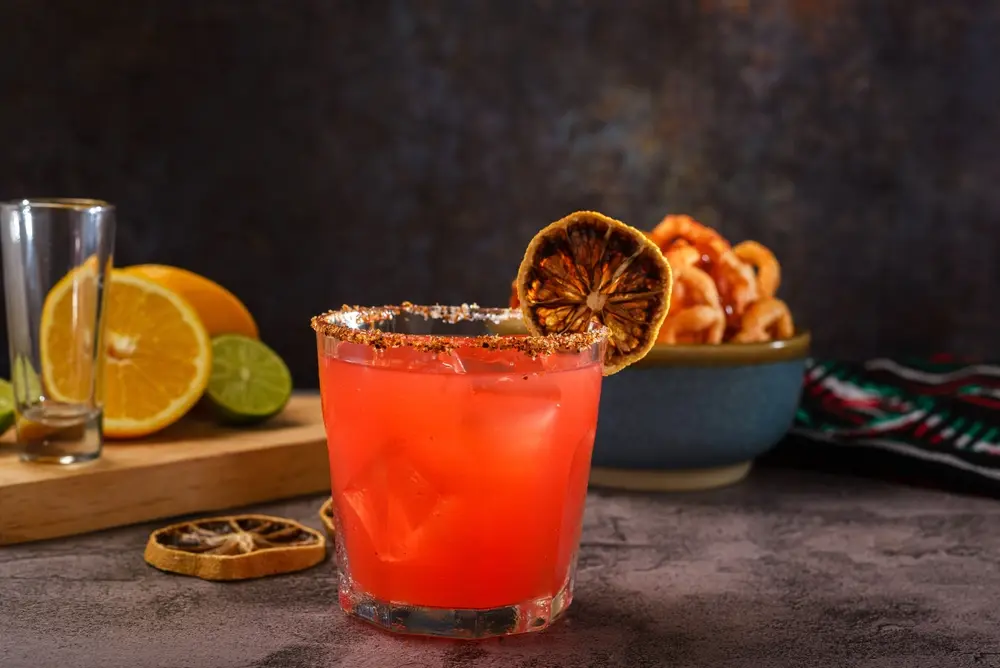
Mixology Tools That Help You Do It Right
Offering mixology on your menu also means being ready with the right tools. These aren't overly expensive, but they're important if you want consistent, high-quality results:
🥃 Jiggers: Small measuring tools that help staff pour exact amounts, which keeps drinks consistent and helps manage costs.
🥃 Muddler: A tool used to press herbs and fruits for stronger flavor. Essential for many craft cocktails.
🥃 Strainers: These remove pulp, herbs, or ice pieces, so drinks look clean and professional.
🥃 Cocktail Shakers: The go-to tool for mixing ingredients and chilling drinks quickly. They're a staple behind any cocktail bar.
Here's A Simple Plan to Bring Mixology Into Your Restaurant the Right Way
If you're considering mixology for your restaurant, here's a practical way to bring mixology into your menu and make sure it actually works for your restaurant.
Know what you want to achieve and who you're serving
Before anything else, you need to know why you're adding mixology. Is it to boost sales? Attract a younger crowd? Improve your brand image? Once you know your goals, you can build your mixology program around them.
Also, think about your regular customers. What kinds of drinks would they be interested in trying?
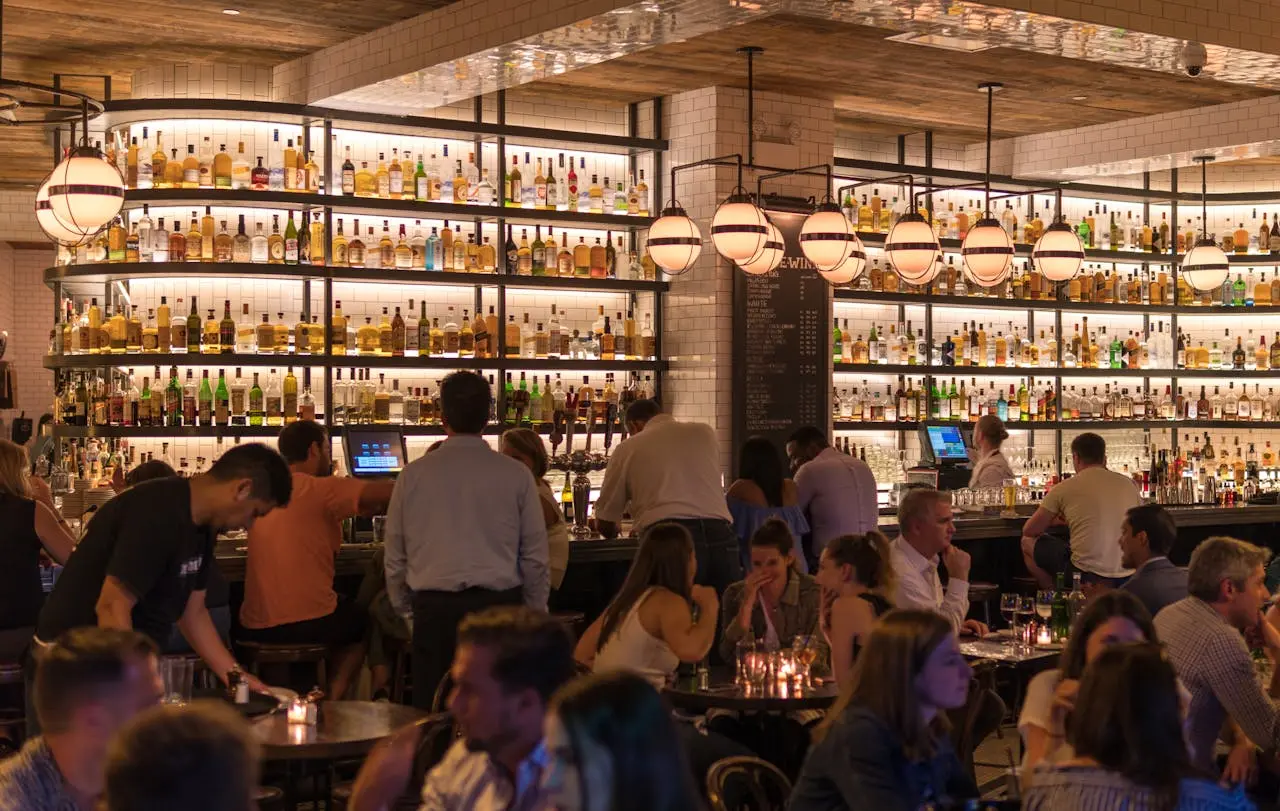
Keep their tastes in mind when building your menu.
Don't assume your bartenders can instantly become mixologists
Not all bartenders are trained mixologists. If you want true mixology, you'll likely need to invest in staff training or bring in someone new. Some restaurants train their staff in-house with help from experienced professionals. Others hire certified mixologists from the start.
Keep in mind, mixologists often expect higher pay, so budget accordingly. You'll also need to account for the cost of any specialized training or tools that come with the role.
The average annual salary for a mixologist in the United States is approximately $79,354, with total annual compensation ranging from $60,000 to $109,000, depending on experience and location.
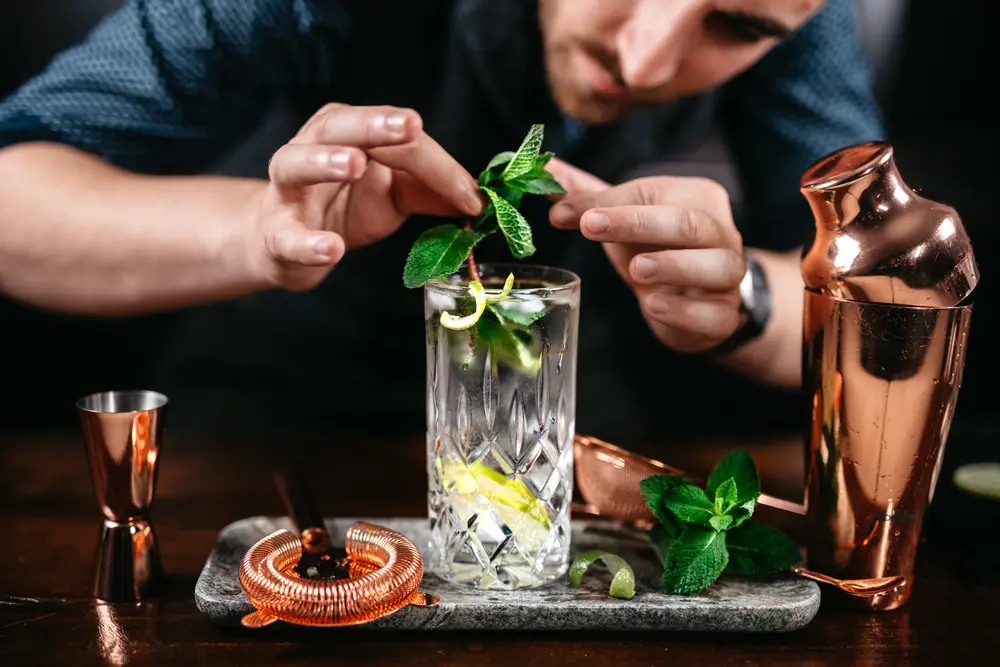
Either way, make sure your team is comfortable with new tools, ingredients, and drink techniques.
Keep the menu fresh and update drinks regularly
Having the same drinks on the menu all year can get boring. Rotating cocktails—whether weekly, monthly, or seasonally—keeps your menu exciting.
Consider This: The Waratah in Sydney rotates five new cocktails every week, each designed by a different team member. This not only keeps customers coming back to try new drinks, but it also gives staff a chance to be creative and take pride in their work.
Watch what's working and be ready to change
Track the sales of your mixology drinks. Which ones are popular? Which ones aren't moving? Look at customer feedback, too. You can collect reviews online, in person, or with quick surveys. This helps you know which drinks to keep and which ones to swap out.
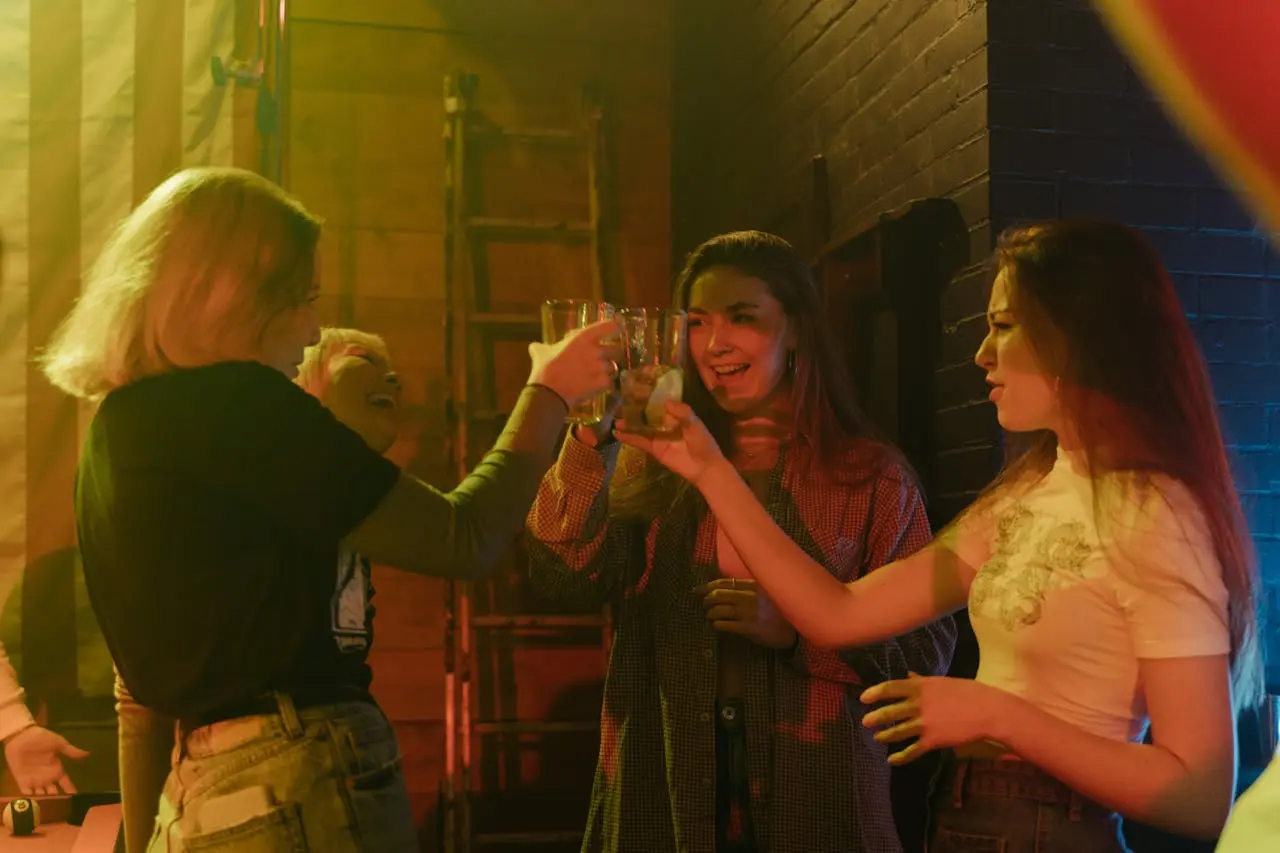
Consider This: Ping Pong Dim Sum in Washington, D.C., integrated a loyalty platform with their POS system and email marketing database. This allowed them to track customer spending patterns and email engagement, providing measurable returns on their marketing investments.
Get your staff involved and make it part of the culture
Let your team have a say in what drinks go on the menu. Many successful restaurants include bartenders and servers in the drink-planning process.
This not only brings fresh ideas but also makes your staff more engaged and invested in the program's success.
When staff feel involved, they're more likely to promote the drinks and help customers find something they'll love.
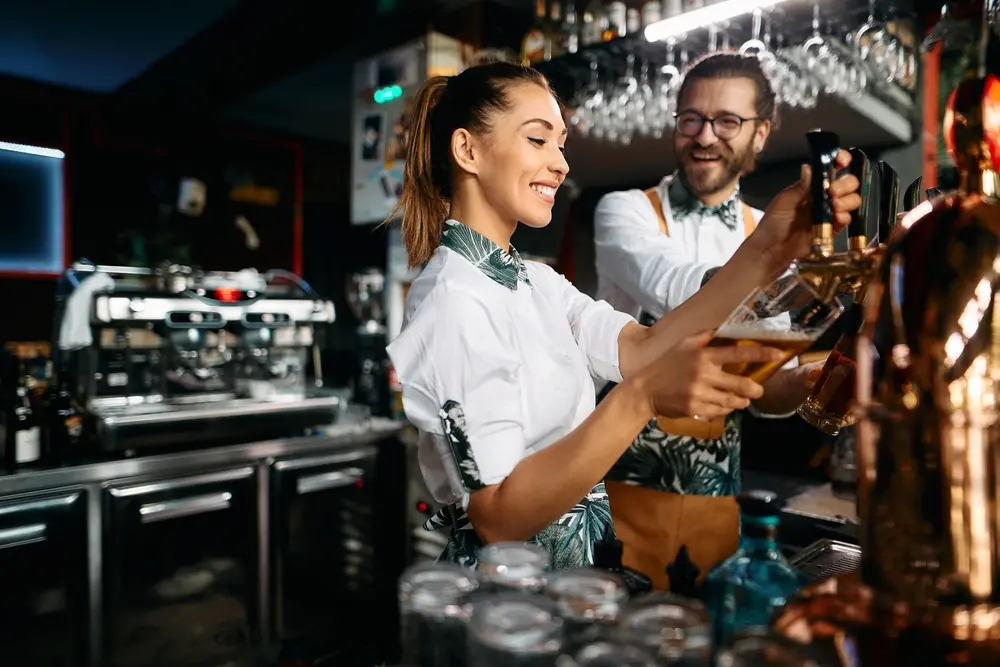
Must-Have Skills for Every Mixologist
Being the ultimate mixologist takes more than just mixing drinks. You must have the right skills, learn the craft, and practice every day.
If you're running a bar or restaurant, or you're a bartender wanting to improve, here's what you should know.
✅ You Need a Good Taste for Flavors
A good mixologist knows how to balance different flavors like sweet, sour, bitter, and salty. Someone like Marian Beke from The Gibson in London is great at this. He can taste a drink and make small changes to get the flavor just right.
✅ Know Your Spirits and Ingredients
It's important to understand the difference between types of alcohol and mixers. You should know how each spirit tastes and how to use it. Dale DeGroff (the king of cocktails), who helped bring back classic cocktails, is known for his deep knowledge of spirits and how they work together in a drink.
✅ Learn the Right Techniques
Mixing drinks isn't just about pouring. You need to know how to shake, stir, muddle, and garnish the right way. You also have to know how to use tools like shakers and strainers. People like Monica Berg pay close attention to things like glass temperature and technique because every detail matters.
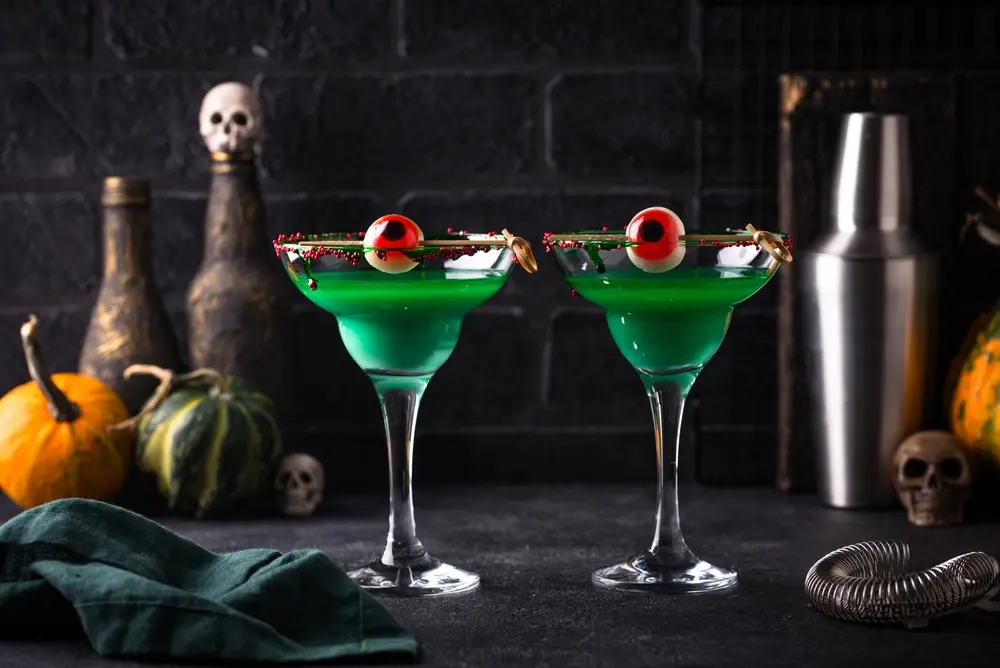
✅ Be Creative With New Drinks
Mixology is more than following recipes. It's also about being creative. Great mixologists make new drinks or give a fresh twist to old ones. Marian Beke is also known for coming up with drinks that not only taste good but also stand out in style and design.
✅ Good People Skills Are a Must
Knowing how to mix drinks is important, but so is being friendly and helpful. A mixologist should be able to talk to customers, suggest drinks, and make them feel welcome. The whole experience matters, not just the drink.
Certifications That Can Help You in Mixology Business
If you're serious about being a mixologist, getting certified can really help. It shows you care about learning more and taking your job seriously.
USBG Master Accreditation
This is one of the top certifications in the U.S. It covers everything from cocktail history to advanced techniques.
IBA Certification
The International Bartenders Association offers training that's known around the world. Getting certified here means you know global drink standards, recipes, and mixing techniques.
These certifications make you more skilled and more respected in the field. They also help you stand out when applying for jobs.
Why Mixology is a Big Deal for Bars and Restaurants
If you run a bar or restaurant, having a skilled and certified mixologist on your team can really make a difference. It's not just about making good drinks. A trained mixologist knows how to keep the quality the same every time. This means your customers get great drinks no matter who's behind the bar.
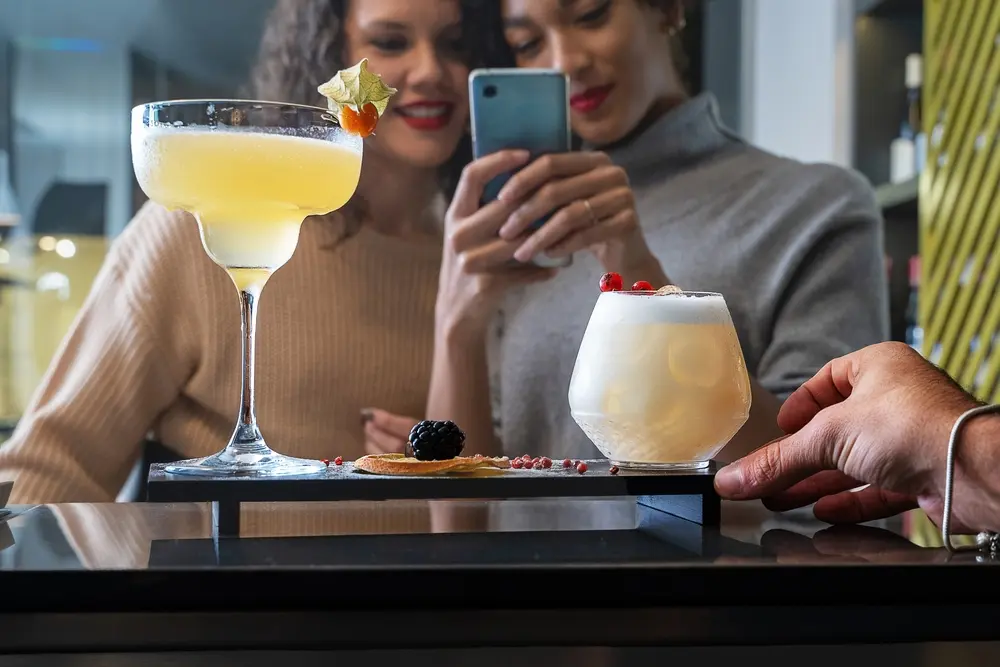
They also bring fresh ideas to your drink menu. This helps you stand out from other places that serve the same basic drinks. People are more likely to remember your spot if the cocktails are unique and well made.
Plus, mixologists with strong customer service skills know how to talk with guests, make suggestions, and create a fun atmosphere. When customers feel welcome and enjoy the drinks, they stay longer and spend more. And more happy customers usually means more repeat business and better reviews.
So, hiring the right person behind the bar can really help your business grow.
Takeaway
Bringing mixology into your restaurant is a smart way to stand out and offer something special to your customers. By adding expertly crafted cocktails to your menu, you're not just serving drinks—you're creating memorable experiences.
Though it does require investment in training, unique ingredients, and possibly hiring a skilled mixologist, the payoff can be big in terms of customer satisfaction and sales.
When you understand what is mixology, you can upgrade your drink offerings beyond the basics.

With the right training and passion can turn your bartenders into true experts. With the right approach, your restaurant can become a place where guests return for those unforgettable cocktails made by the ultimate mixologist.
©2025 Cocina Digital Hospitality Group, Inc. All rights reserved.
No part of this publication may be reproduced, stored in a retrieval system, or transmitted in any form or by any means, electronic, mechanical, photocopying, recording, or otherwise, without the prior written permission of the publisher.
We use cookies to enable you to use our site, understand how you use our site, and improve your overall experience.
Cookies allow us to personalize content, track which pages are most popular and least popular, and provide advertising that may be relevant to you.
Please note that cookies that are essential to the proper functioning of the site are required and cannot be disabled.
They are usually only set in response to actions made by you which amount to remembering your settings, a request for services, such as setting your privacy preferences, logging in, or filling in forms.
As such, they are the only cookies that are enabled by default.
You can set your browser to block or alert you about these cookies.
By continuing to use our site, you accept our use of cookies.